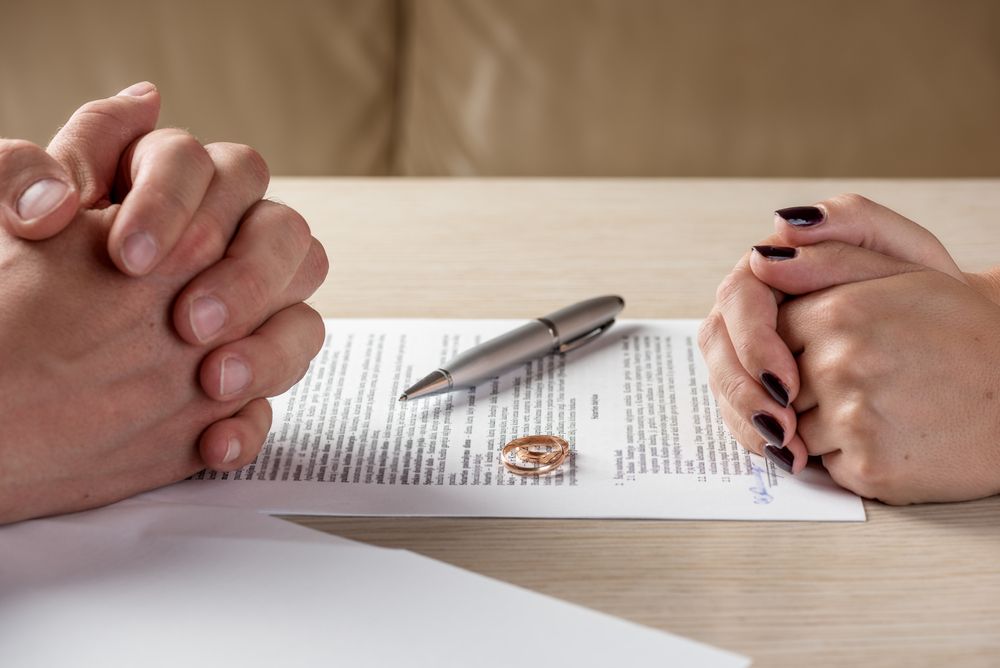In 2019, Miller Cushing Holladay Attorney Stephanie M. Ross obtained justice for a husband injured by a third party who tortuously interfered in his marriage. After a multi-day trial in Superior Court, the jury awarded the plaintiff damages in an amount more than five times greater than the offer for settlement made by the defendant. North Carolina is one of the few States that still recognize the “heart balm” torts of Alienation of Affection and Criminal Conversation.
Alienation of Affection is a claim by spouse #1 that a third party has interfered in the marriage with the intent to alienate the affections of the spouse #2 from spouse #1. Most often, this lawsuit is filed against a third party adulterer or adulteress, but the claim can also be raised against in-laws or others interfering in the marriage. The plaintiff must establish that 1) A marriage with love and affection existed between the spouses; 2) That the love and affection was alienated; and 3) The malicious acts of the third party defendant caused the loss of that love and affection.
Criminal Conversation is a claim by spouse #1 that a third party has engaged in sexual acts with spouse #2 during the marriage. For a claim of criminal conversation to succeed, the plaintiff only has to prove that a sexual act occurred – it is not required that the third party knew about the marriage prior to committing the sexual act. If you or someone you know believes you may have a claim for Criminal Conversation or Alienation of Affection, or has been sued for Criminal Conversation or Alienation of Affection, please contact an attorney at Miller Cushing Holladay today to discuss your rights.



